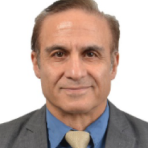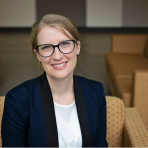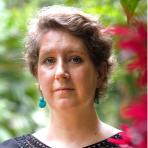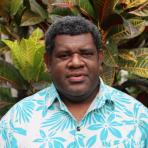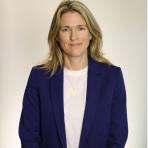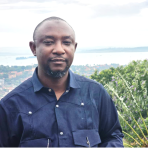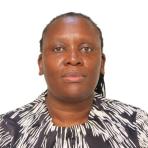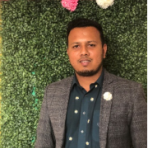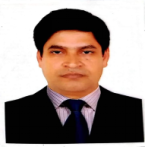Empowering Women, Children, and Indigenous Peoples through Inclusive Early Warning Systems and Climate Services

Women and children are among the most vulnerable to climate-related hazards, yet they are also critical agents of resilience. This session explored how inclusive climate services can strengthen community preparedness and adaptation. The event highlighted collaborative efforts between the World Meteorological Organization (WMO), Save the Children, COPE Academy, Secretariat of the Pacific Regional Environment Programme (SPREP) and women’s organizations to mainstream gender and child-sensitive approaches in climate services and early warning systems (EWS).
Through practical examples from Africa, Asia, and the Caribbean, speakers shared experiences on co-designing forecasts and warnings that consider women’s and children’s needs, capacities, and access to information. The session emphasized capacity building, community engagement, and the integration of inclusive EWS into National Adaptation Plans (NAPs), supporting more equitable, life-saving climate action.
Agenda
14:00 – 14:03 UTC-3
Introductory remarks by event moderator Mr Amir Delju, Senior Scientific Coordinator, World Meteorological Organization (WMO)
14:04 – 14:20 UTC-3 — Session 1: Opening
Keynote Remarks
- Ms Jennifer Stanzl, Chief of Staffing Diversity, United Nations Secretariat, New York
- Ms Sherilee Harper, Vice-Chair, Working Group I, Intergovernmental Panel on Climate Change (IPCC)
- Ms Moa Cortobius, Save the Children
- Introductory video on Save the Children
14:20 – 14:47 UTC-3 — Session 2: Protecting Children, Empowering Communities
- Experiences from Pacific ILK communities on child-centered EWS by Mr Salesa Nihmei (SPREP)
- Launch of the COPE Interactive Learning Platform by Ms Martha Keswick (COPE Academy)
- New Learning & synthesis on Child-Centred and Locally-led Anticipatory Action by Ms Moa Cortobius, Save the Children
- Case Study: Niger - Co-producing child-centred climate services by Mr Abdoul Madjidi Moutari, Save the Children Niger + video from Niger
14:45 – 14:54 UTC-3 — Session 3: Discussion
- Moderated Q&A and discussion with Mr Amir Delju on Strengthening EWS and CS through child-centred approaches
14:54 – 15:34 UTC-3 — Session 4: Child-centred climate services
- Mr Danilo Moura, UNICEF
- Child-centred climate services case studies - Soft Launch by Dr Veronica Grasso, WMO
- Case Studies Highlights:
- Ms Lucy Mtilatila, Malawi, DCCMS
- Mr Javed Meandad, Save the Children Bangladesh; and Dr Muhammad Abul Kalam Mallik, Meteorologist, Storm Warning Center, Bangladesh Meteorological Department (Video)
15:34 – 15:55 UTC-3 — Session 5: Gender, Inclusion, and Locally-led Adaptation
- WMO Crews Project Gender Report and Youth Action Plan presented by Mr Theophilus Wellington, Assistant Project Officer, WMO
- Gender-focused case studies presented. by Mr Conrad Igboba, Women Environmental Programme
- New research report on Child-responsive Locally-led Adaptation presented by Ms Moa Cortobius, Save the Children
15:55 – 16:00 UTC-3 — Session 6: Closing
- Wrap-up by Moderator Mr Amir Delju with key takeaways on how gender, child, and ILK inclusion intersect in practice and next steps for collaboration
Speakers
